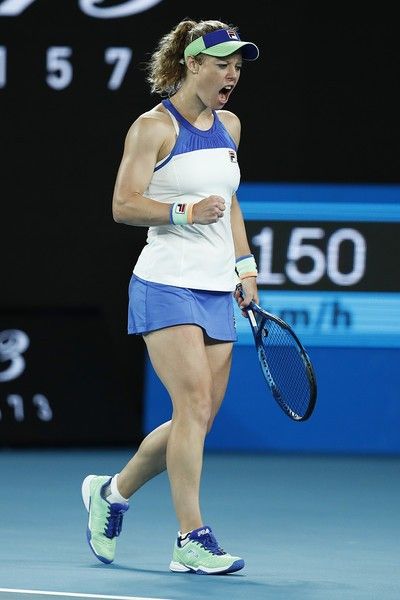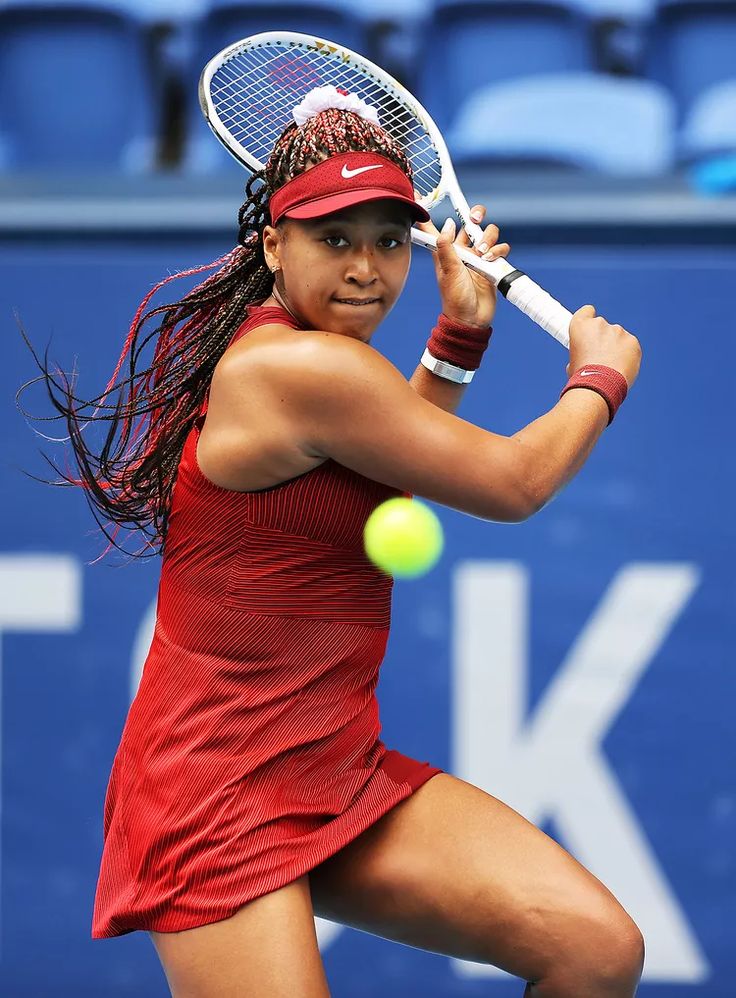Laura Siegemund’s Wimbledon Surprise: How the 37 Year-old Defied the Odds
Laura Siegemund remarkable performance at Wimbledon 2025 captured the attention of tennis fans around the world, as the 37 year-old German veteran produced an unexpected and inspiring performance to reach the quarter-finals of the prestigious Grand Slam. Her journey, marked by a stunning upset over No. 6 seed and reigning Australian Open champion Madison Keys, highlighted her resilience, tactical brilliance and ability to defy expectations in a sport dominated by younger players.
Siegemund success at an age when many athletes retire is a testament to the power of perseverance, experience and an unconventional playing style. This introduction explores the significance of her achievement, the context of her career and the key factors that contributed to her astonishing performance, setting the stage for an in-depth analysis of how she overcame the odds.
Background and Context of Siegemund’s Career
Born on March 4, 1988, in Filderstadt, Germany, Laura Siegemund has been a professional tennis player since 2006, with a career spanning close to two decades. Known primarily for her doubles prowess, she has secured three Grand Slam titles: the 2020 US Open women’s doubles, and the 2016 US Open and 2024 French Open mixed doubles. However, her singles career has not been as illustrious, with a career-high ranking of 27 in 2016 and only two WTA singles titles (the 2016 Swedish Open and the 2017 Stuttgart Open).
Prior to 2025, her Wimbledon singles record was modest, with a 2-5 win-loss score and no progress beyond the second round. Ranked 104th at the start of Wimbledon 2025, Siegemund was an underdog who fell short against top seeds and younger talent. His age and ranking made his stellar performance a standout story in a highly competitive field.
The Significance of Her Wimbledon 2025 Run
Siegemund journey to the Wimbledon 2025 quarterfinals was a historic milestone, as she became the sixth player in the Open Era to reach the fourth round of the women’s singles at Wimbledon at age 37 or older, joining legends such as Billie Jean King, Venus Williams and Serena Williams. Her straight-sets win over Madison Keys (6-3, 6-3) in the third round was a standout moment, marking her first Grand Slam singles win beyond the second round outside of the French Open. The run was particularly notable given Wimbledon’s grass courts, a surface where Siegemund had historically struggled, preferring clay. Her ability to defeat high caliber opponents, including No. 29 seed Leylah Fernandez and Keys
Tactical Brilliance and Playing Style
Siegemund’s success at Wimbledon 2025 stemmed from her distinctive, disruptive playing style, which incorporated spin, slices, drop shots, and net approaches. Unlike power-based players such as Keys, Siegemund relied on variety and court craft, keeping the ball down to neutralise opponents’ aggression.
She broke Keys’ serve three times in the first set itself, taking advantage of her 89% break-point save rate to maintain control. Her ability to mix up pace and hit lobs and passing shots frustrated opponents, as seen in her 6-3, 6-2 win over Solana Sierra in the fourth round.
Siegemund experience also allowed her to stay calm under pressure, as she said, “I know what I can do, and I know what I can’t do.” This tactical versatility and mental toughness enabled her to outplay higher-ranked players, making her a formidable underdog.
Overcoming Age and Expectations
At 37, Siegemund was the oldest woman remaining in the Wimbledon 2025 draw, a remarkable achievement in a sport where physical demands often leave older players behind. She acknowledged her underdog status, saying, “Technically there is no pressure for me. I just play for myself.” Her journey was a powerful story of challenging age-related stereotypes, as she joined an elite group of players achieving success at Wimbledon late in their careers.
Siegemund’s preparation, including grass-court doubles success in Nottingham, boosted her confidence, helping her adapt to the surface despite previous struggles. Her psychology degree, which she dismissed as irrelevant to her game, may have contributed to her mental resilience. The run underlined that experience, strategic thinking and determination can triumph over youth and rankings, inspiring fans and athletes alike.
Share this content:




Post Comment